The academic view
From here, Professor Maria Fasli, Director of the Institute for Analytics and Data Science at the University of Essex, rose to the challenge laid down by Christine Bhatt by challenging the delegates on the changing digital landscape that business leaders now must face and be a part of.
It was then the turn of Professor Carl Perrin, Director of the Institute of Advanced Manufacturing and Engineering at Coventry University, to take to the podium to present on how technology is transforming manufacturing companies before handing over to the Business Panel.
Tazeeb Rajwani, Head of Executive Education and Professor of International Business and Strategy at Essex Business School, then took to the podium to present to the delegation on The Impact of Changing Industry Dynamics on the Development of your Strategy.
Exploring Google Duplex as a case study of a company taking AI to the next level, AI that will change the way we actually do things and how there is a big shift in how we are noticing organisations using robot technology in the everyday functions of its business or products.
Tazeeb discussed the evolution of business strategy: “There are new systems of strategy. Traditionally it was top down, but now we’re seeing more bottom up approaches. Business models are being reinvented with increasing regularity.” Thus paving the way for a standoff: hierarchy vs collective wisdom.
"Roles and responsibilities are changing in emerging markets. What we notice is that companies are in to focusing on quick decisions. Time management is so important. You have to fight to be in a meeting room but the idea is about experimentation. Fail fast, go again.”
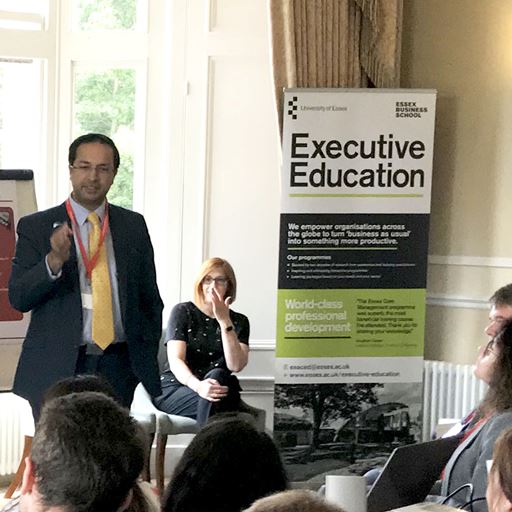
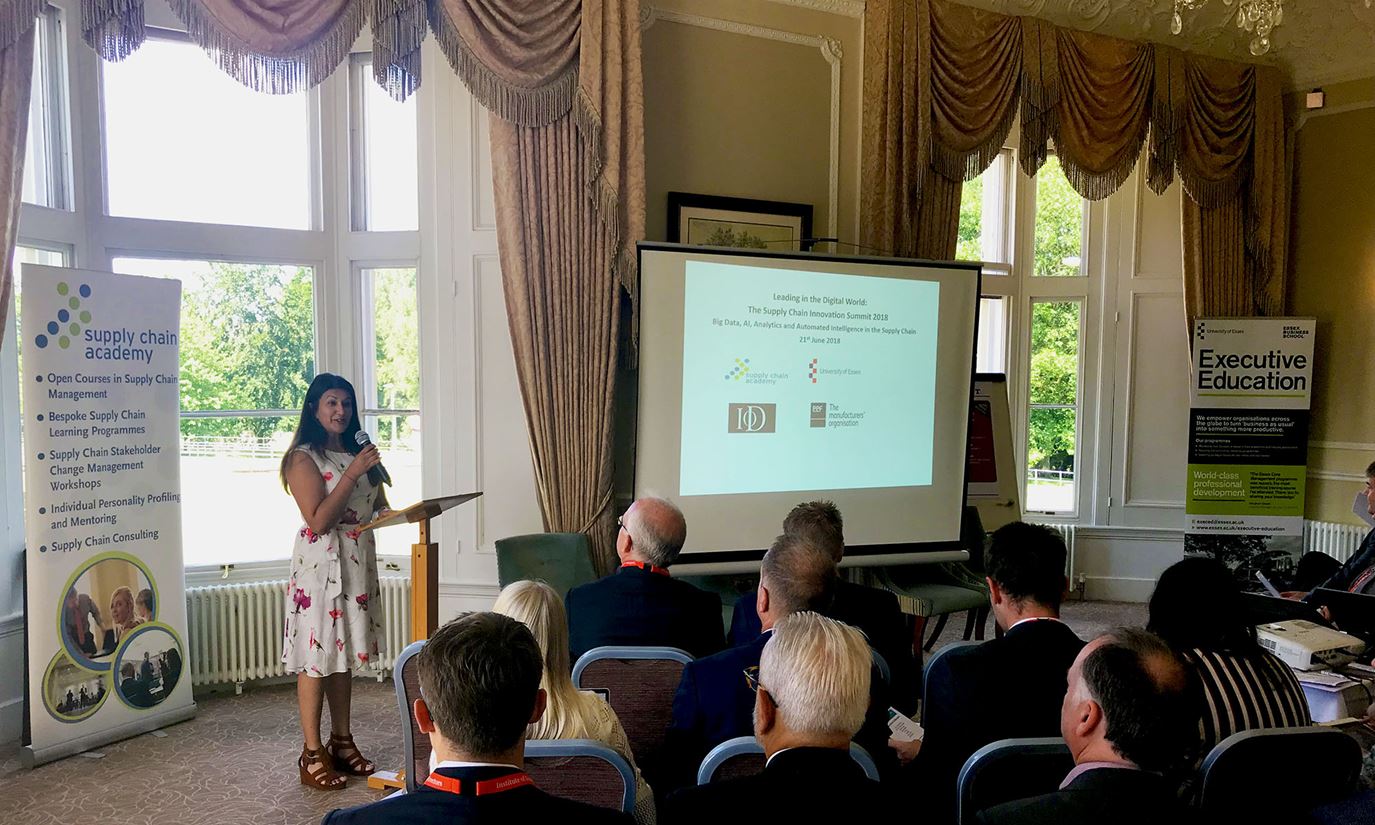
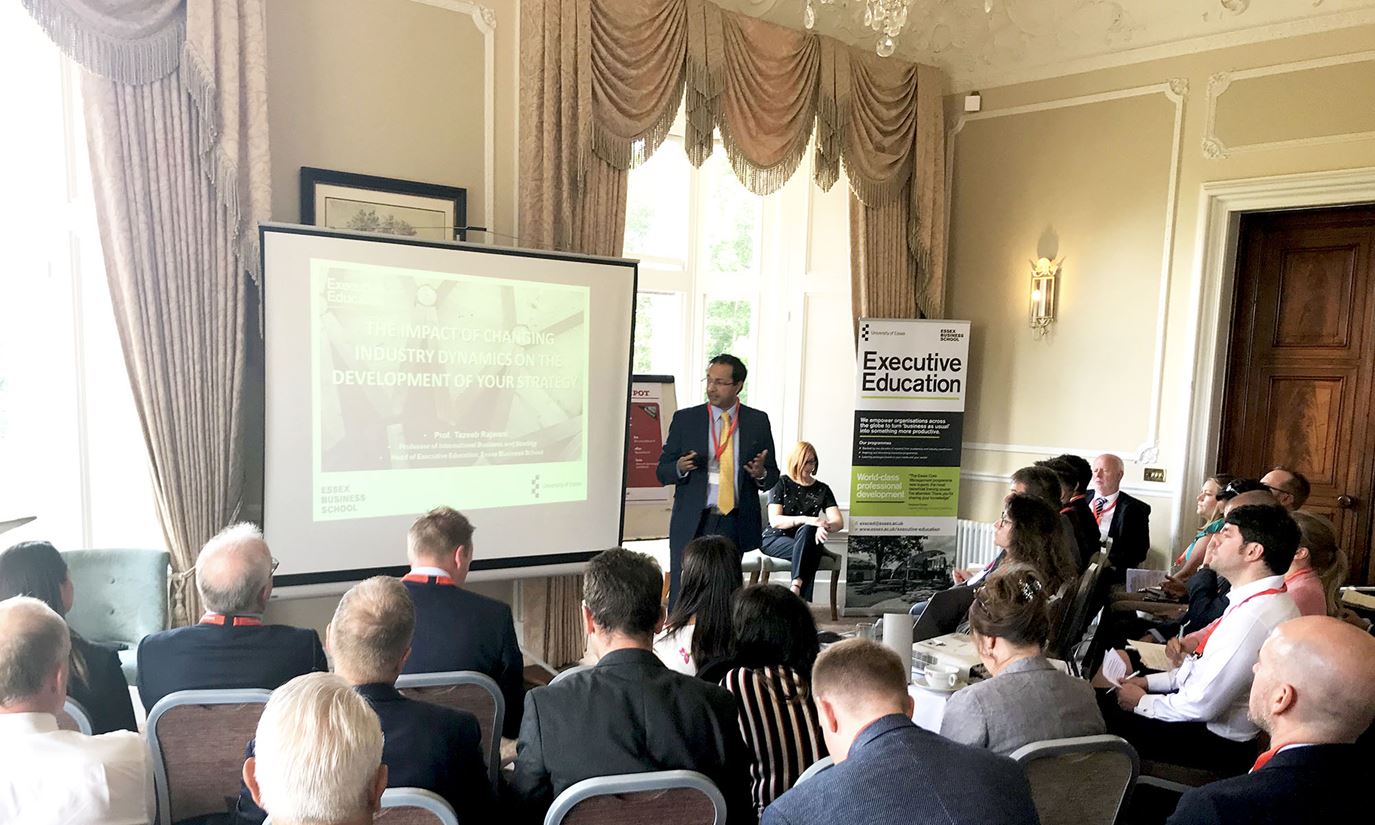
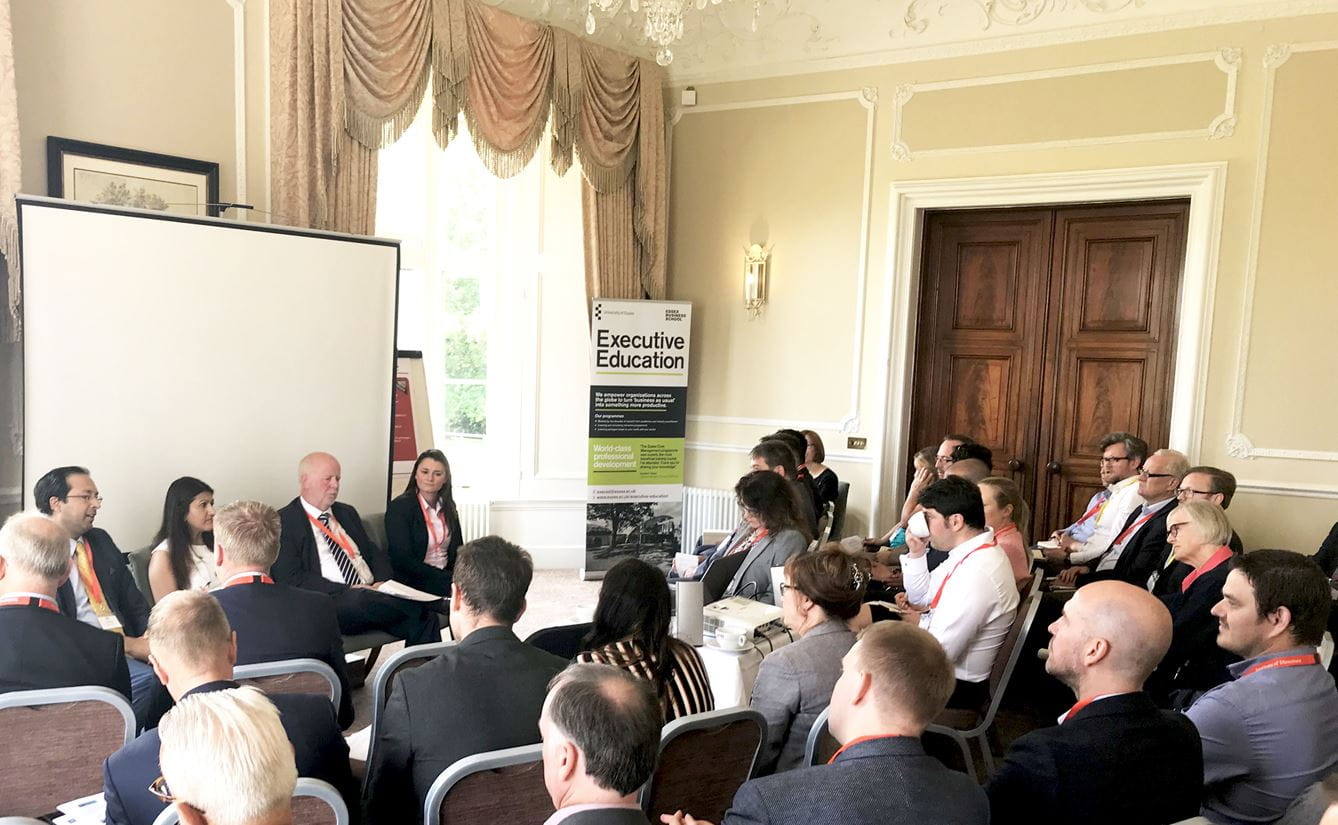
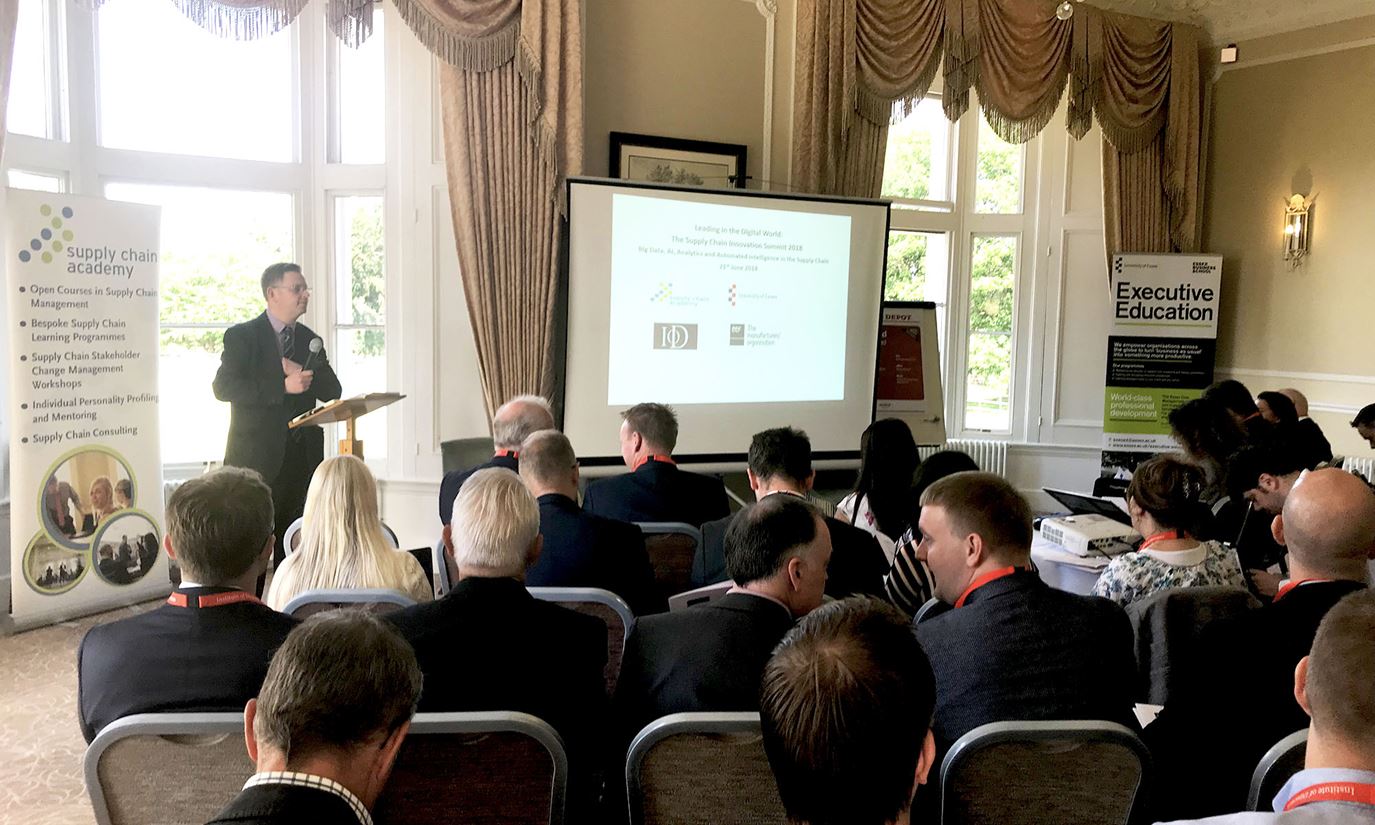
.jpg?mh=500&mw=500&hash=6568B6C9CCF5290A596BEF6678B6AD0E)




